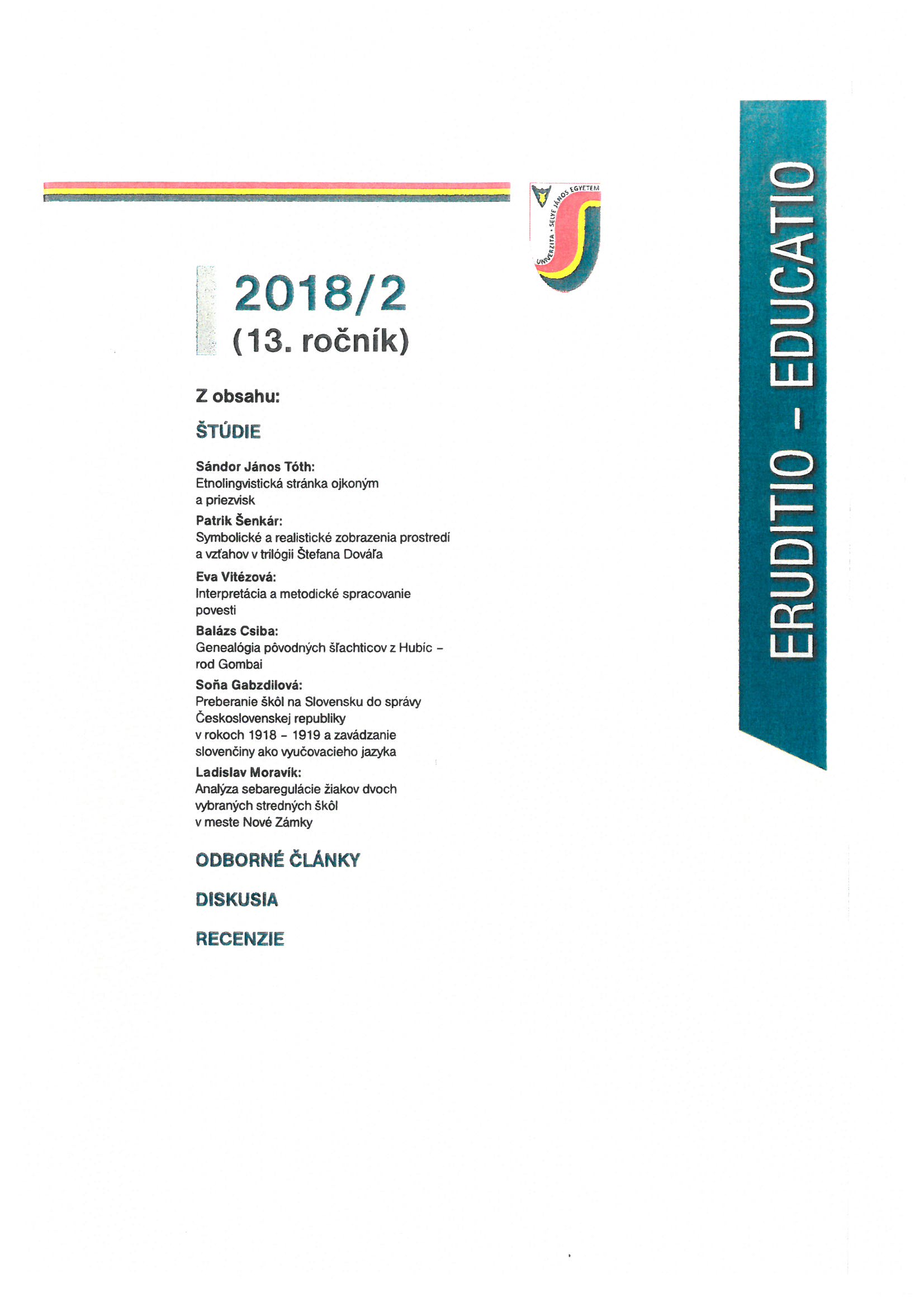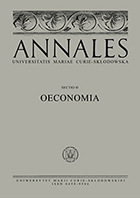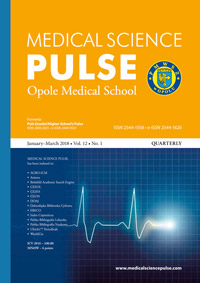The Retrospective Study of Intervention Methods in Patients after Surgical Therapy of Breast Cancer
Introduction: In the Slovak Republic, breast cancer is the most common type of oncological disease in women, the leading cause of cancer mortality in all women. In the past 10 years, breast cancer mortality has continued to slowly decrease, the breast cancer incidence in the past 20 years has continued increase, likely due to program of preventive mammography. The Aim: The aim of this retrospective study was the asses the importance, the position of the interventional methods – core cut biopsy and fine needle aspiration biopsy under ultrasound control in the differential diagnostics of changes after surgical treatment for breast cancer. Patients and Methods: We evaluated examinations of 385 patients with news diagnosed breast carcinoma after conservative surgical therapy in period between January 2005 and December 2016 from Clinic of Radiology in Trenčín. In all cases was performed ultrasound, mammography 2D and 3D examinations, ultrasound guided biopsy with free hand methods, needle 14, 16 and 20 G. Results: The major findings as postoperative changes were seromas, haematomas, fat necrosis, skin thickening, inflammatory changes, granulomas, postoperative scars and local tumor recurrence. Conclusion: The ultrasound guided interventional methods, fine needle aspiration cytology and core cut biopsy are reliable and perfect methods for the differential diagnosis of postoperative changes and the follow up of postoperative changes.
More...



